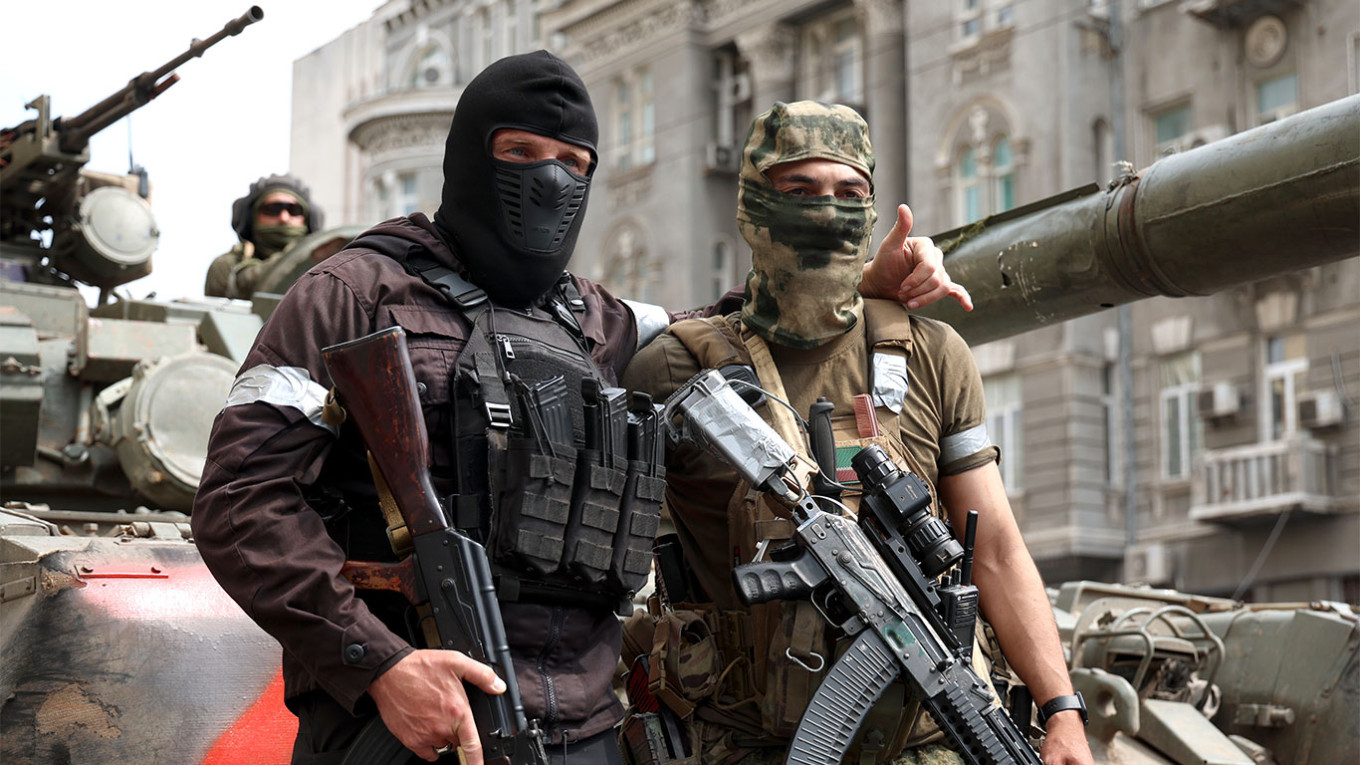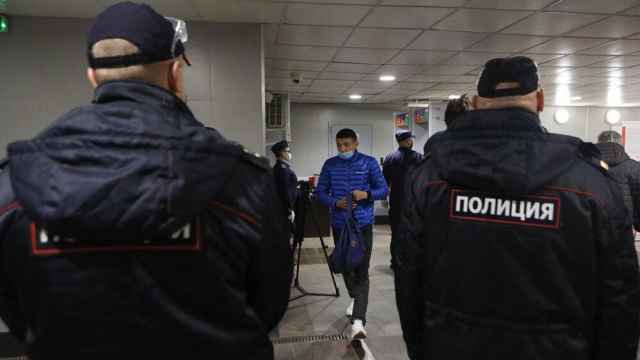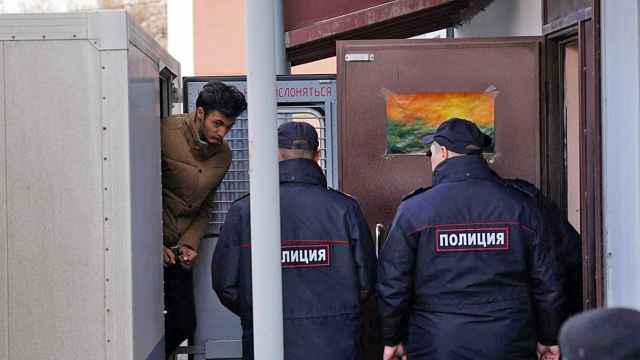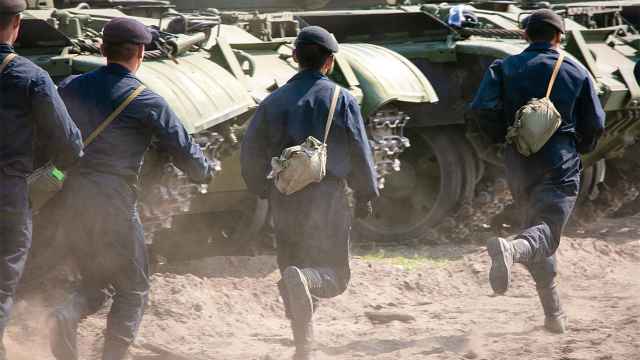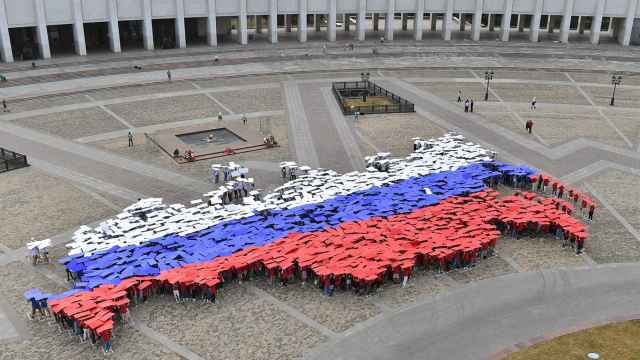As members of the Wagner mercenary outfit launched their “march of justice” to Moscow early on June 24, residents of the Far Eastern republic of Sakha (Yakutia) thousands of kilometers away gathered outside the regional capital to celebrate Yhyakh, the New Year marked by indigenous Sakha peoples.
Though many Sakha locals boycotted this year’s government-sponsored celebration due to its pro-war message, the two-day outdoor festival still attracted more than 230,000 participants.
“Anti-war-minded people didn’t go there, but people supporting the war and the government went. They had no idea what was happening [in the news],” said Sargylana Kondakova, co-founder of the region’s largest anti-war movement, the Free Yakutia Foundation.
Some 800 kilometers east of the capital Moscow — which had imposed a counterterrorism regime — authorities in the republic of Tatarstan, too, went ahead with the traditional Sabantuy summer festival, while neighboring Bashkortostan held lavish Youth Day celebrations.
“It is unfortunate we couldn’t visit the Sabantuy! It was very lively there based on the pictures,” Stepnoy Dozor, the largest pro-government Telegram channel in the Far East republic of Buryatia, wrote of a similar festival held in the region that day.
Each of these region's leaders conspicuously avoided commenting on the events unfolding in central Russia.
“Speaking about ethnic festivals during a revolt is similar to broadcasting Tchaikovsky's ‘Swan Lake’,” said Buryat activist and analyst Mariya Vyushkova, referencing the looping broadcast of the legendary ballet on Soviet state TV during the attempted coup d’etat of 1991.
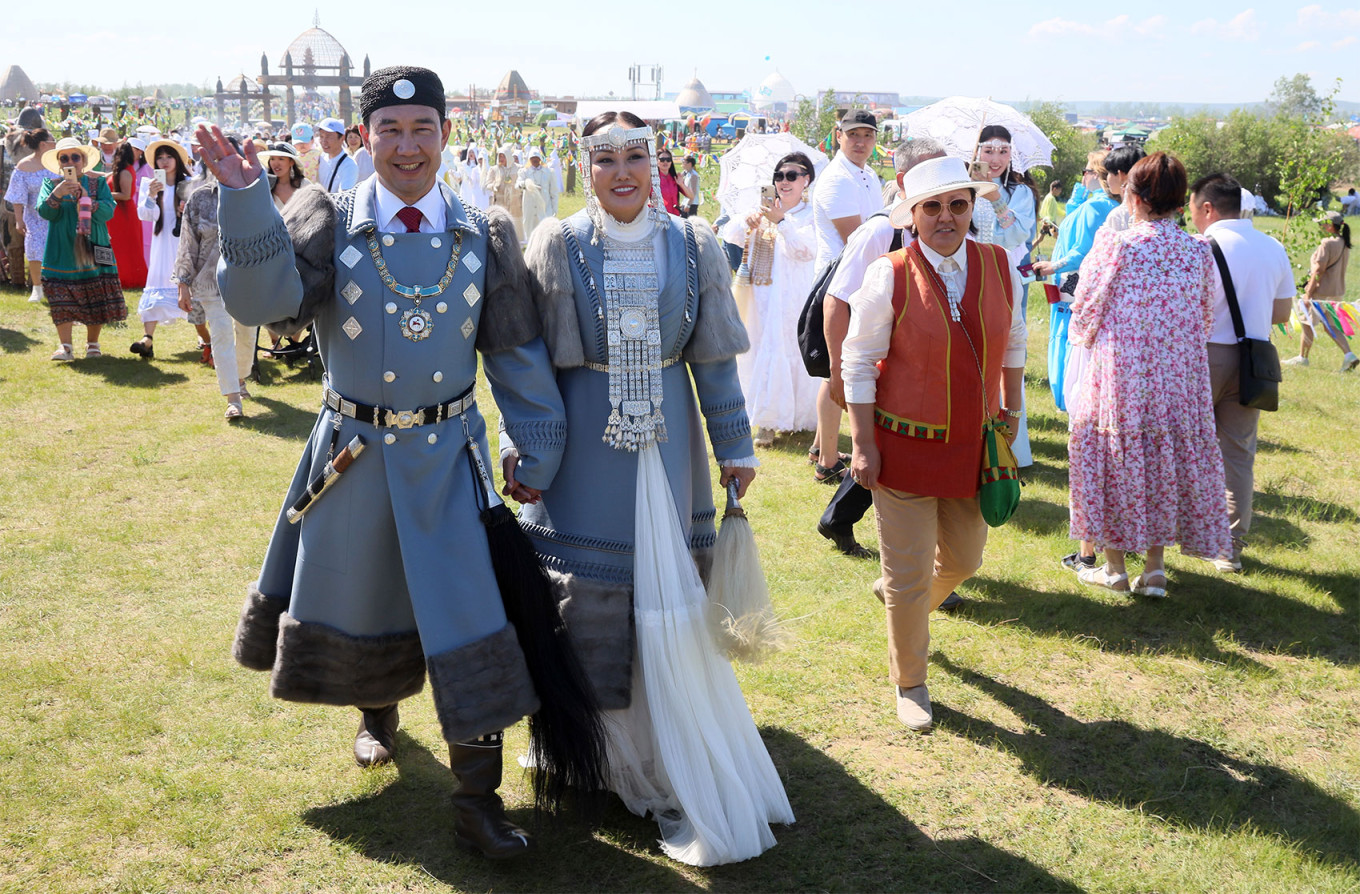
The sudden instability that gripped the federal government in Moscow during last week’s Wagner mutiny has sown confusion and panic among the leadership of Russia’s ethnic republics, according to experts and activists interviewed by The Moscow Times.
Unable to take a side in the unfolding standoff in central Russia and unsure of what message to broadcast at home, most local heads chose to carry on with business as usual, hoping the situation would simply resolve on its own.
“These people already had no agency and they were forced to make important political decisions. It forced them into [the state of] panic and fear,” Tatar political expert and journalist Ruslan Aysin told The Moscow Times.
“It was required — as they viewed it — to pledge allegiance to one of the two,” said Aysin.
Behind the scenes of ornate Yhyakh celebrations in the republic of Sakha, the local government’s apprehension forced all state-linked media into silence for the entire duration of the rebellion taking place far to the west.
“Our government got really scared, especially when the news of Putin’s inner circle fleeing Moscow emerged,” Kondakova of Free Yakutia told The Moscow Times.
“Some people in the republic believed that our il darkhan [head of the republic Aysen Nikolayev] might also get on the plane and vanish.”
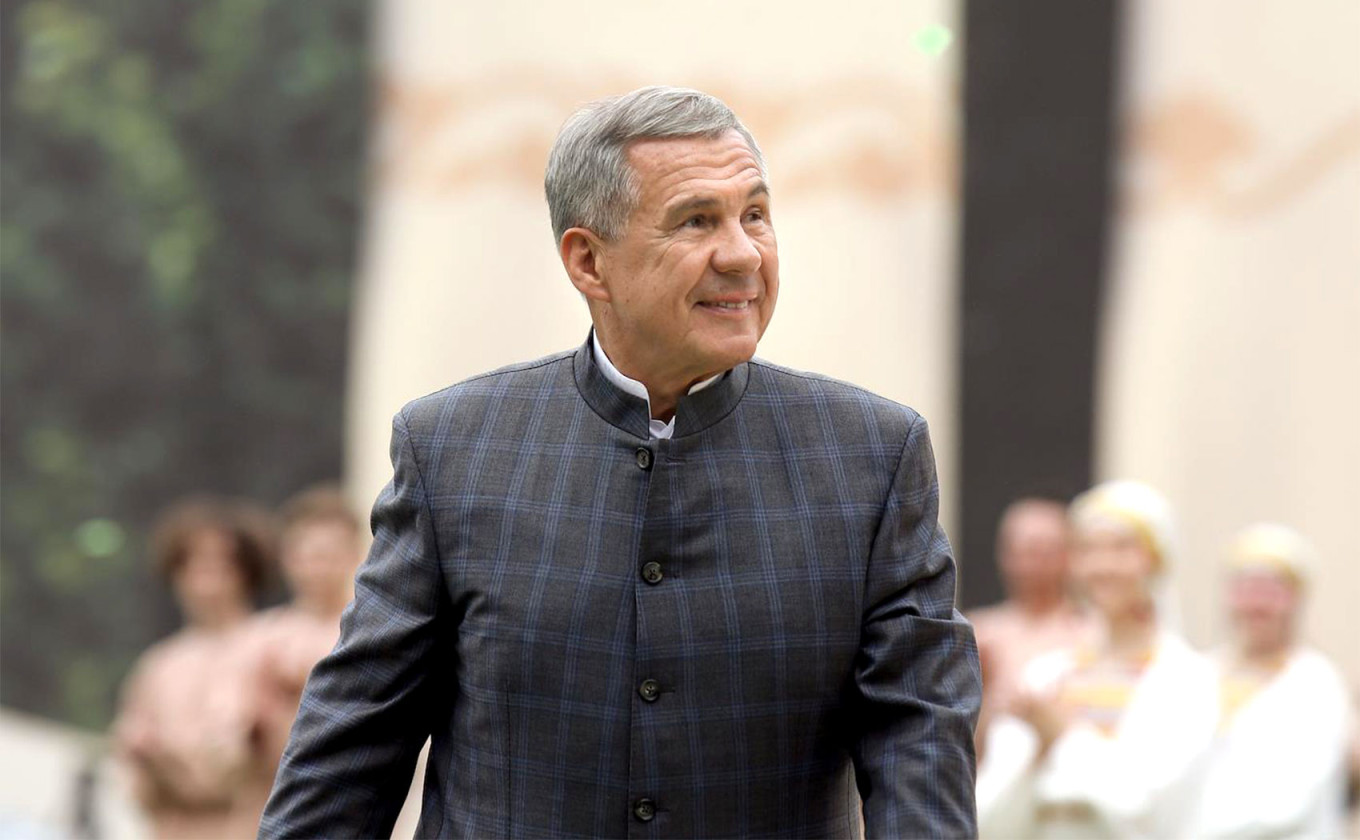
Prompted by orders from Moscow on Saturday morning, regional heads and governors issued a stream of statements in support of the Kremlin.
Yet likely unnerved by the uncertainty of the stand-off’s outcome, many leaders of the ethnic republics still fell short of declaring unequivocal support for the Kremlin.
The brief statement issued by Tatarstan head Rustam Minnikhanov was published by an array of pro-government media but never appeared on his official website or social media pages.
Even the leader of the North Caucasus republic of Chechnya, close Putin ally Ramzan Kadyrov, did not react to the mutiny until some 16 hours after it started, announcing he was sending armed units to help put down the rebellion.
According to Chechen human rights lawyer Abubakar Yangulbayev, the Chechen strongman's delayed reaction was possibly linked to his deteriorating health — which has been speculated, but not confirmed — rather than to a weakening faith in Putin.
“Everything started at night and he was probably asleep or physically unable [to react earlier],” Yangulbayev told The Moscow Times.
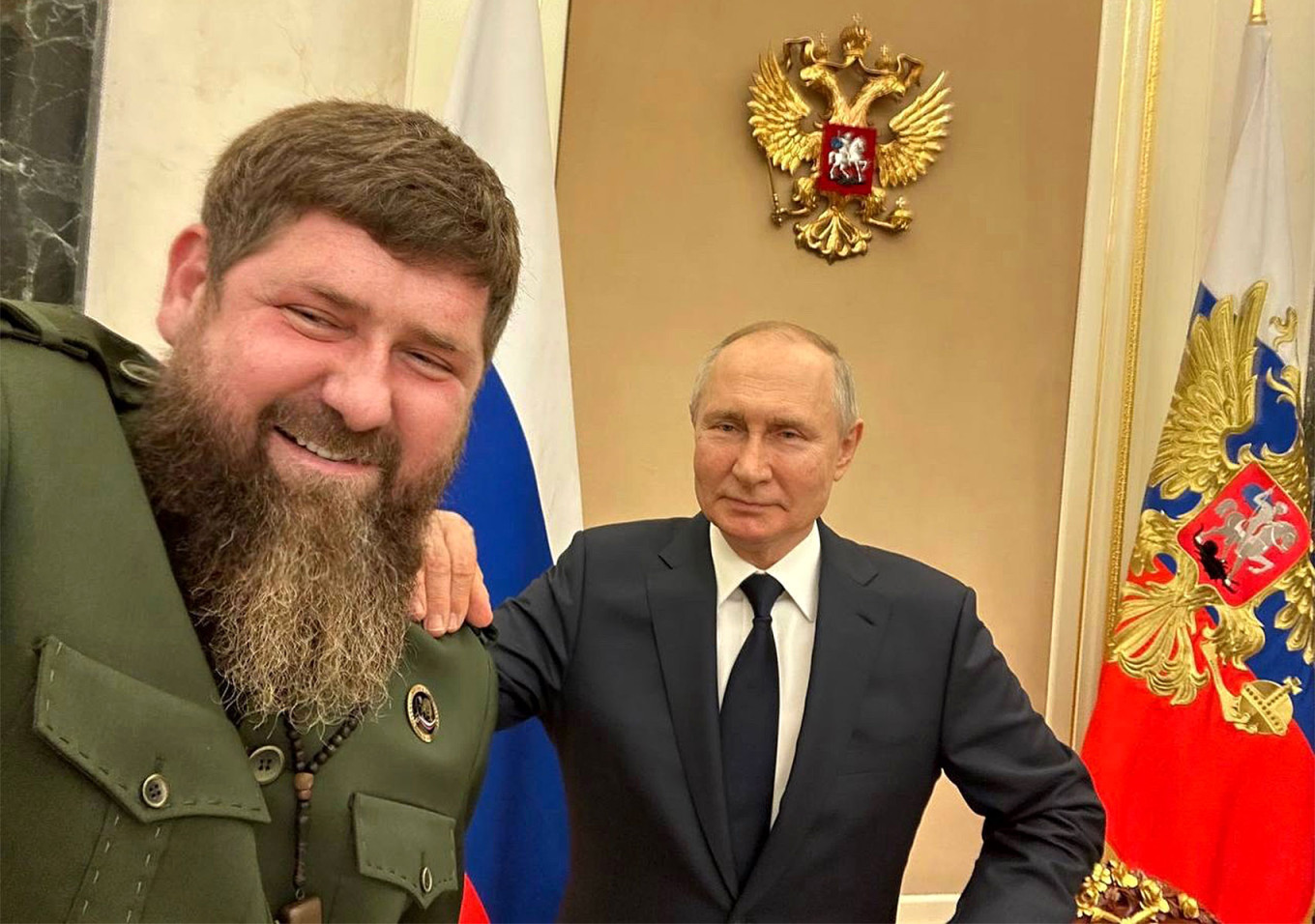
The head of Buryatia — the republic with one of the highest casualty counts in the war in Ukraine — addressed Wagner fighters directly in a video message.
“You know our people are worrying about their loved ones equally…no matter if they are listed in the Armed Forces…or Wagner. We are watching all your ups and downs equally,” said Buryatia head Alexei Tsydenov.
Analyst Vyushkova said Tsydenov’s message was “the most favorable toward Wagner” — a surprising turn given that a comparatively small number of Wagner recruits is believed to hail from the Siberian republic.
While regional leaders were noticeably reluctant to take a side, many people in the ethnic republics categorically opposed both Prigozhin and Putin and saw the rebellion as an opportunity to make a change at home, according to activists and analysts interviewed by The Moscow Times.
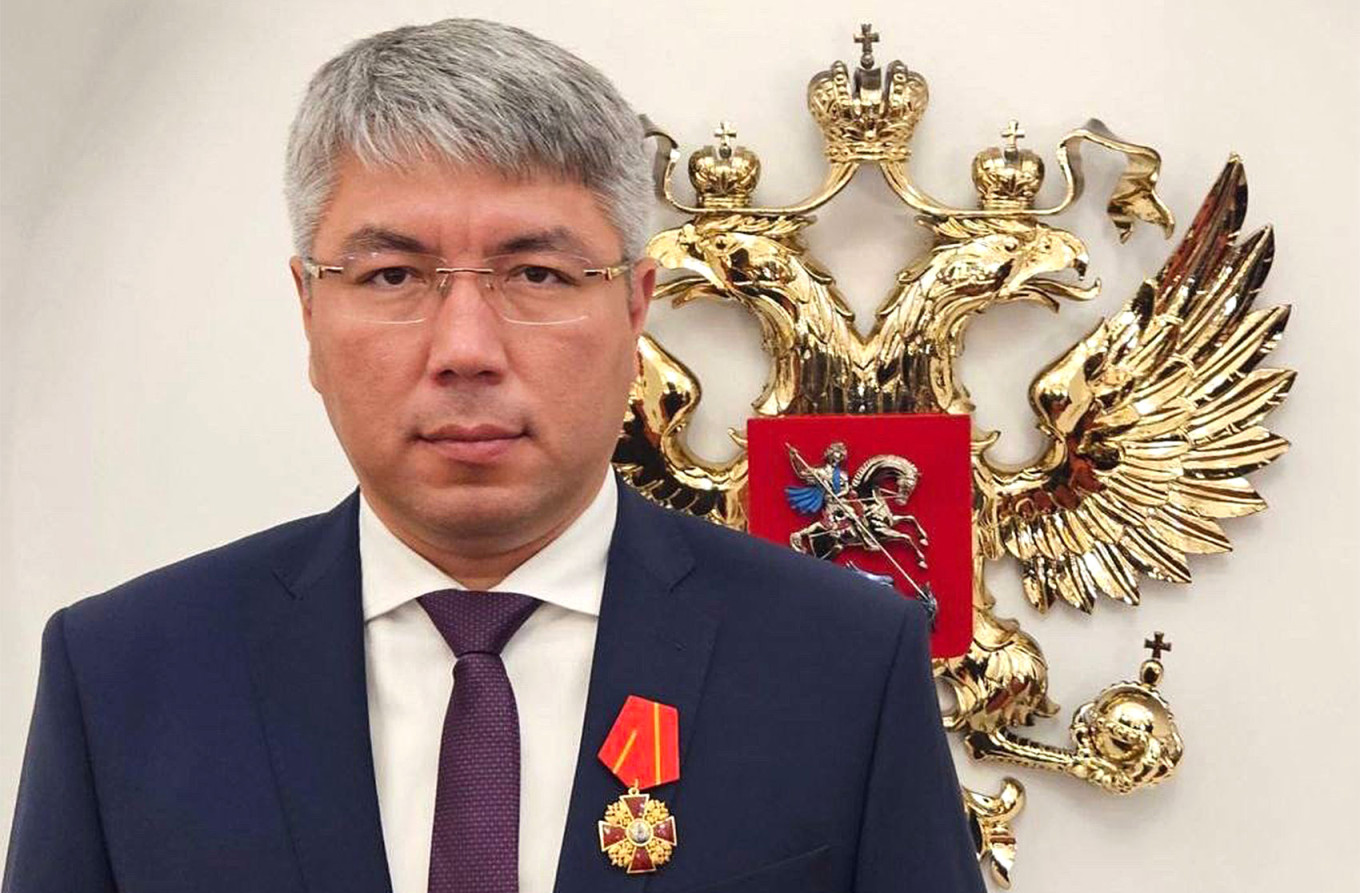
In Sakha, 70% of about 600 residents surveyed by the Free Yakutia Foundation said they were disappointed that Prigozhin’s rebellion didn’t succeed, but only because they expected it to fundamentally alter the course of the invasion of Ukraine.
This sentiment was particularly pronounced in Chechnya, where many high-ranking members of Wagner fought on the side of Moscow during the Second Chechen War. Wagner commander and Nazi sympathizer Dmitry Utkin is believed to be responsible for committing multiple war crimes in Chechnya, according to Yangulbayev.
“People in Chechnya believe Prigozhin is worse than Putin because he is a Nazi, a fascist and a thug…But some saw in this an opportunity to make changes within Chechnya,” said Yangulbayev, who recently co-founded the Chechen multidisciplinary project Kost.
“Their [the peoples’] reaction was ‘may those Putinists and Wagnerites kill each other and leave us alone’.”
A Message from The Moscow Times:
Dear readers,
We are facing unprecedented challenges. Russia's Prosecutor General's Office has designated The Moscow Times as an "undesirable" organization, criminalizing our work and putting our staff at risk of prosecution. This follows our earlier unjust labeling as a "foreign agent."
These actions are direct attempts to silence independent journalism in Russia. The authorities claim our work "discredits the decisions of the Russian leadership." We see things differently: we strive to provide accurate, unbiased reporting on Russia.
We, the journalists of The Moscow Times, refuse to be silenced. But to continue our work, we need your help.
Your support, no matter how small, makes a world of difference. If you can, please support us monthly starting from just $2. It's quick to set up, and every contribution makes a significant impact.
By supporting The Moscow Times, you're defending open, independent journalism in the face of repression. Thank you for standing with us.
Remind me later.



